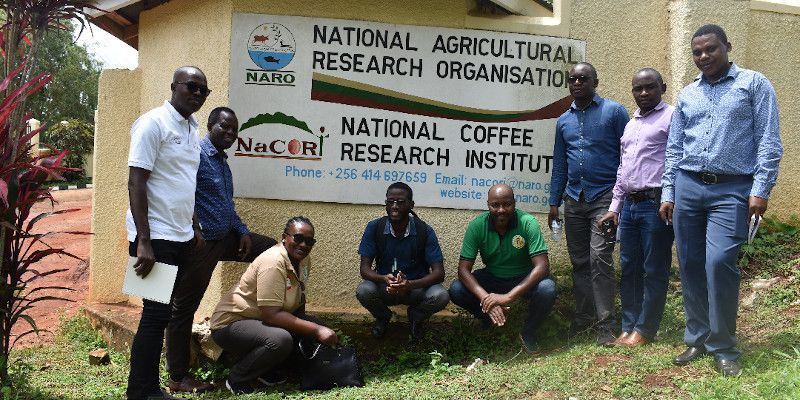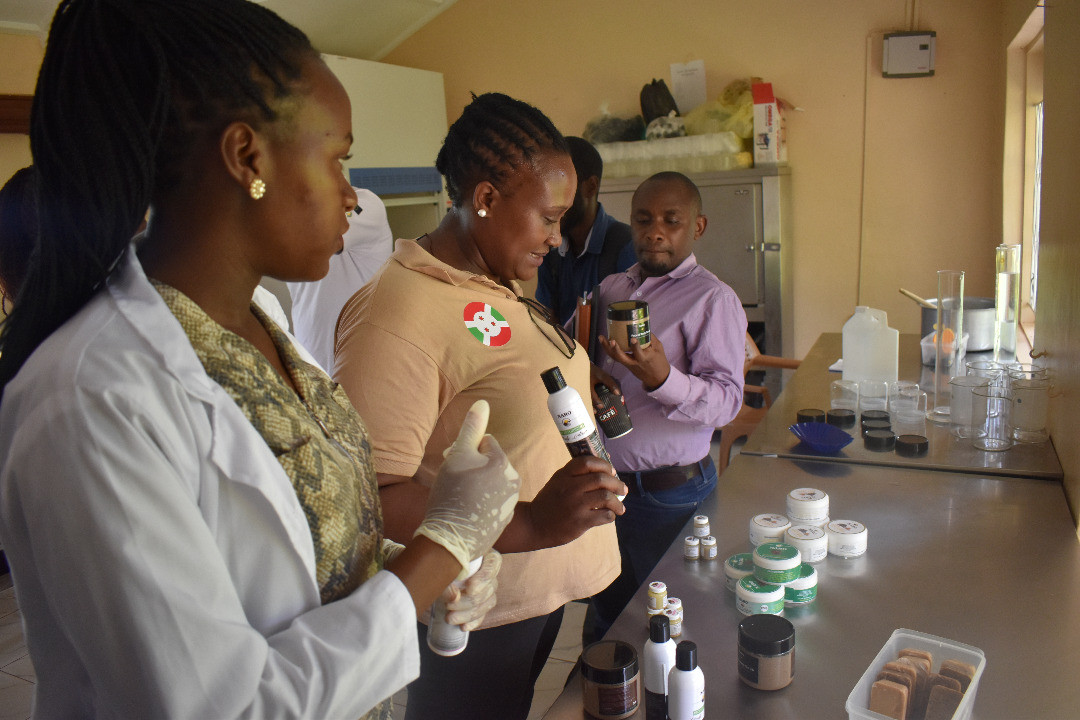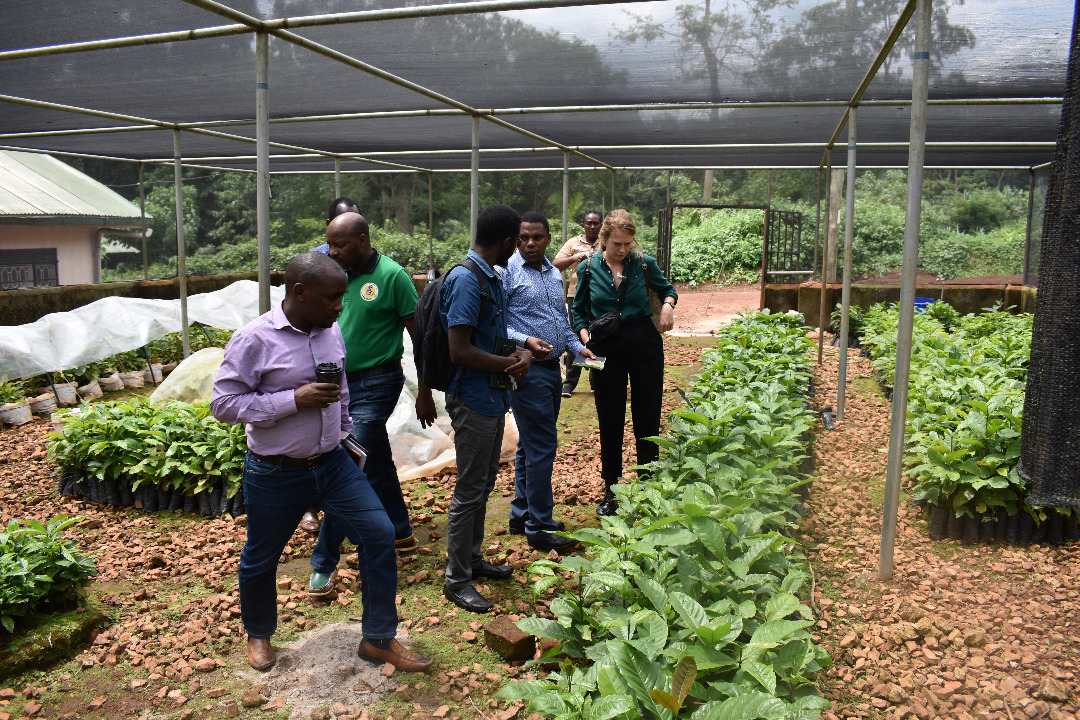
MARKUP Supports Research into New Coffee and Cocoa Varieties
The availability of quality seeds can make the difference between success and failure in the production and marketing of coffee and cocoa. This is common knowledge in Uganda: research findings revealed that the ten Robusta Coffee Wilt Disease-resistant varieties planted in Uganda saved the coffee industry from collapse following the devastating Coffee Wilt Disease that wiped out over 50% of the coffee tree population in Uganda only a few years ago.
In 2019, MARKUP Uganda collaborated with the National Coffee Research Institute (NACORI) through UCDA to evaluate and release improved Arabica coffee varieties, to undertake a preliminary evaluation and availing promising cocoa clones for on-farm and on-station demonstration and to conduct a biological assessment on cocoa production in the cocoa growing agro-ecological zones.
The process of developing improved varieties started by collecting and analysing data on coffee yields and the occurrence of coffee pests and diseases. Samples were then analysed and official candidate varieties inspected before validation and release.
By June 2022, NACORI had successfully identified five varieties with promising yields and high resistance to pests and diseases. These varieties were found to be more resistant to Coffee Wilt Disease, tolerant to Leaf Rust and producing larger beans and higher yields than traditional coffee trees. Farmers can get a mean yield of 3,700kg of hulled coffee per hectare and year using these varieties. The clones will be subjected to inspection by the Ministry of Agriculture before being released to selected farmers for on-farm assessment.
The research on cocoa is equally promising. Cocoa chupons were collected from 113 elite on-farm cocoa trees from Luwero, Mukono and Mayuge and are being multiplied through clonal propagation. 662 cocoa cuttings were made and propagated from selected trees for further observation at NACORI. Over 500 unique, observable characteristics of cocoa trees, beans and pods were documented.
‘This project has been a clear demonstration of what can be achieved by leveraging the expertise in our local institutions and providing a clear linkage between agriculture research and exports. The timeline for MARKUP may not allow us to see the process to its full conclusion. For example, we still have to see how the coffee clones perform in the field, and this takes years. But we have collectively learned a lot and will endeavour to build on this success through government and other development partner initiatives,’ noted Gordon Katwirenabo, MARKUP Project Coordinator Uganda.

